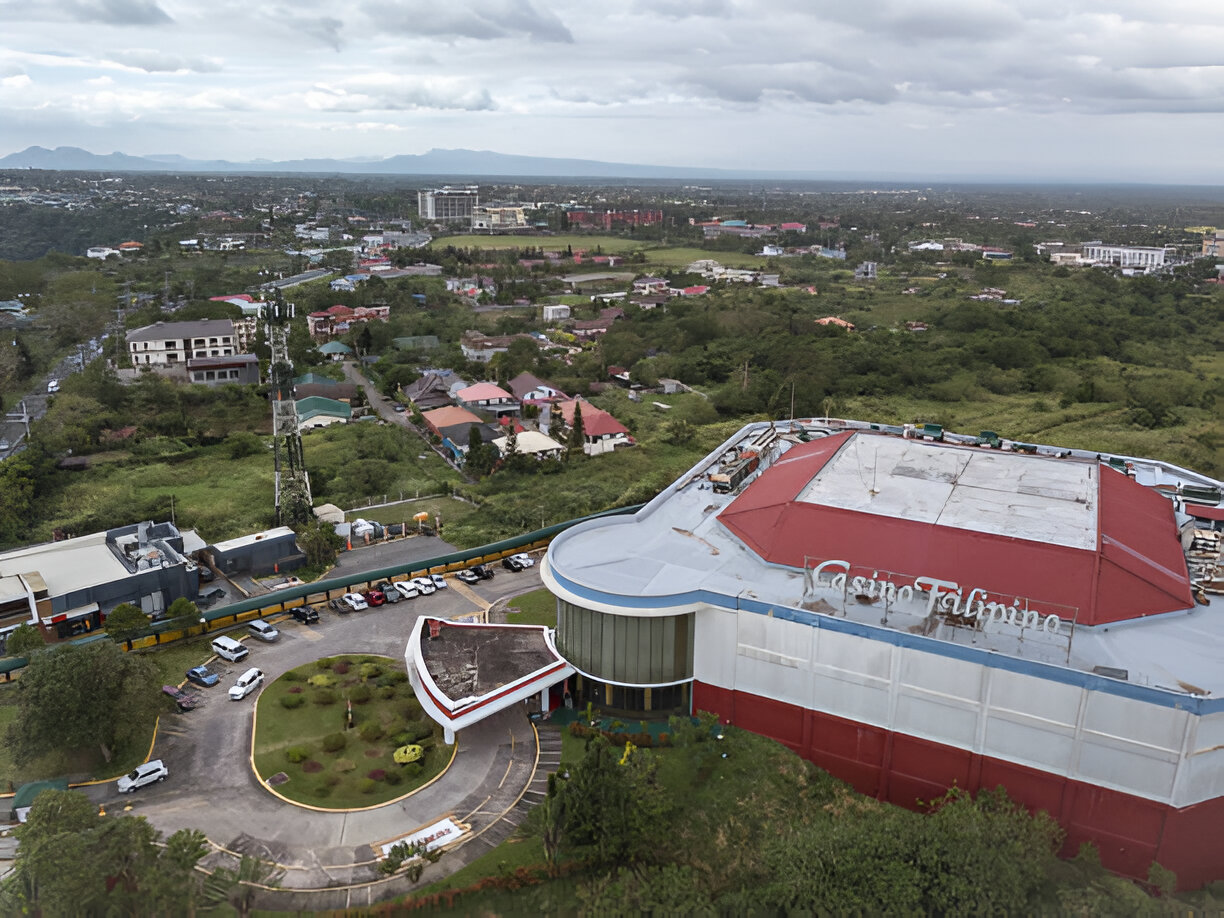The online gambling industry in the Philippines has undergone significant transformation over the past two decades, evolving into one of the most dynamic and complex markets in Southeast Asia. While the country’s regulatory structure has been both a driver of growth and a source of controversy, the Philippines remains a notable player in the global online gaming landscape. As internet connectivity improves and digital platforms proliferate, online gambling continues to expand, bringing with it economic benefits, legal challenges, and ethical debates.

Regulatory Framework and Governing Bodies
The primary regulatory authority overseeing online gambling in the Philippines is the Philippine Amusement and Gaming Corporation (PAGCOR), a government-owned and controlled corporation. PAGCOR holds a dual role as both operator and regulator, which is unusual by global standards and often a subject of debate. It issues licenses to domestic and international companies through its Offshore Gaming License program, known as POGO (Philippine Offshore Gaming Operators).
Introduced in 2016, the POGO system attracted foreign operators to set up online gaming services targeting players outside the Philippines.
PAGCOR limits the number of online platforms that cater to local users, and most legal online gambling operators target offshore markets. This regulatory stance reflects a cautious approach to protecting local communities while capitalizing on the revenue potential of foreign demand.
Economic Impact and Employment
Online gambling contributes substantially to the Philippine economy. Licensing fees, franchise taxes, and employment opportunities have made it a lucrative industry for the government and private sector alike. POGOs, in particular, brought in billions of pesos in revenue during their peak years, creating thousands of jobs for Filipinos in fields such as IT, customer service, security, and real estate. Foreign workers—primarily Chinese nationals—also flooded into the country to work in support roles for operators catering to Chinese markets.
The influx of foreign operators and workers led to a boom in the real estate market, especially in Metro Manila, where demand for office spaces and residential units spiked. Ancillary services such as transportation, catering, and entertainment also experienced growth. However, this rapid expansion raised concerns about regulatory oversight, immigration control, and the displacement of local businesses.
Legal and Ethical Concerns
The legal landscape of online gambling in the Philippines is complex and continually evolving. One of the major concerns is the inconsistent application of rules and the challenges of enforcing regulations across different jurisdictions. While PAGCOR issues licenses, illegal online gambling operations persist, often through unlicensed platforms that are difficult to monitor or shut down.
Ethical issues also come to the forefront, particularly when it comes to gambling addiction, money laundering, and worker exploitation. Several lawmakers and advocacy groups have raised concerns about the social costs of gambling, especially among vulnerable populations.
Although offshore gaming operators should serve non-Filipino clients, instances of residents accessing these platforms remain a concern due to weak enforcement and technological loopholes.
Labor practices in the POGO industry have been criticized, with reports of poor working conditions and human trafficking investigations further complicating the sector’s reputation.
Technological Advances and Future Outlook
Technology continues to shape the future of online gambling in the Philippines. The adoption of more secure payment systems, the integration of blockchain and cryptocurrency solutions, and the development of mobile-first platforms have all contributed to the rapid evolution of the industry. Improved internet infrastructure across the country is expanding access to online services, which may eventually influence regulatory decisions regarding local participation.

In recent years, there has been increasing discussion about whether to allow a broader range of licensed online gambling options for Filipino citizens. As neighboring countries explore similar reforms, the Philippines faces pressure to strike a balance between economic gain and social responsibility. There is also a growing call to separate regulatory and operational functions within agencies like PAGCOR to promote transparency and reduce conflicts of interest.
Conclusion
The state of online gambling in the Philippines is marked by both opportunity and complexity. With a robust regulatory system, strategic geographic position, and a growing digital infrastructure, the country is poised to remain a major hub for online gaming services. However, the path forward requires careful navigation of legal, ethical, and economic considerations. Whether through stricter enforcement, broader local participation, or enhanced consumer protections, the future of online gambling in the Philippines will depend on the ability to adapt responsibly in an increasingly digital world.











